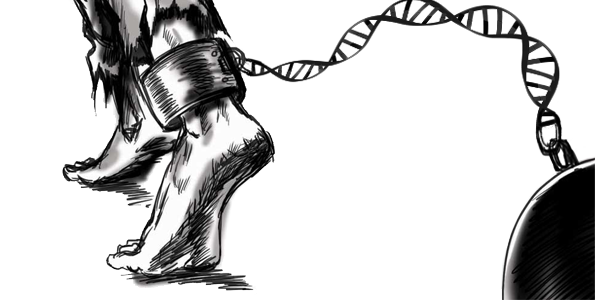Why do Brazilians refuse to speak English?
I have always noticed that Brazilians have a certain aversion to English. A certain tendency to switch to Portuguese whenever the majority is Brazilian, a severe reluctance to make a comment directed towards a Brazilian using English, even if the comment is in the context of an English conversation with people from all over the world, etc. Of course, many other nationalities act similarly, but I’ve been living in Romania for a bit over a year now and things are quite different, to the point that it’s really hard to dismiss this attitude as something normal. Though I haven’t had much contact with other Brazilians personally in this period, I still have a lot of contact online, mainly through Facebook, and the more time passes by, the more my impressions are confirmed and even reinforced. And I’m not counting those who don’t know English well, I mean people who speak quite fluently, who have lived abroad, etc. Why is it so?Read More »Why do Brazilians refuse to speak English?









